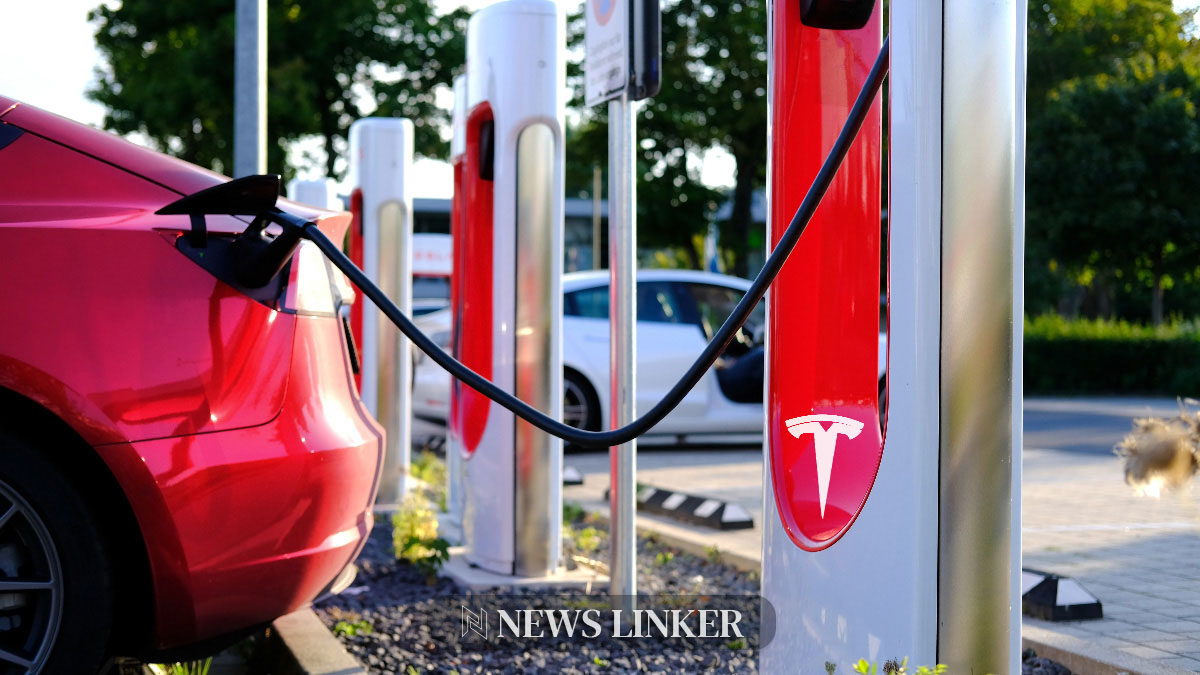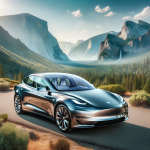In the evolving landscape of the electric vehicle (EV) industry, Tesla Motors and Tata Motors Limited emerge as pivotal players, each revolutionizing the sector through distinct strategies and contributions. While Tesla, under the aegis of Elon Musk, has cemented its role as a vanguard in the electric vehicle revolution, Tata Motors Limited has spearheaded the mass adoption of electric cars in India, a market with burgeoning potential for EVs.
Tesla’s unwavering commitment to producing only electric vehicles, including the globally acclaimed Model 3 and Model Y, aligns with its mission to transition the automotive market to sustainable energy solutions. The Model 3’s milestone of selling 1 million units globally and the Model Y’s status as the best-selling vehicle worldwide in 2023 underscore Tesla’s significant impact on making electric vehicles a mainstream choice.
On the other hand, Tata Motors Limited’s foray into the electric vehicle market, as outlined in the 2023 case study “TATA Motors Limited: A Revolution in Electric Cars – A Case Study” published in the International Journal of Case Studies in Business, IT, and Education (IJCSBE), illustrates the company’s successful penetration of the Indian market.
Capturing approximately 73% of the electric car market share in India, Tata Motors has effectively addressed the diverse needs of its customers through a strategic expansion of its product range, including popular SUVs and electric vehicles. The launch of the Tata Nexon EV Max, an affordable electric car offering, marks a significant step towards democratizing electric mobility in India.
This juxtaposition of Tata Motors and Tesla not only highlights their respective contributions to the EV sector but also showcases the global shift towards electric vehicles as a sustainable and environmentally friendly alternative to traditional gasoline-powered cars. Together, Tesla and Tata Motors are shaping a future where electric vehicles are at the forefront of transportation, driving the world towards a cleaner, more sustainable future.










